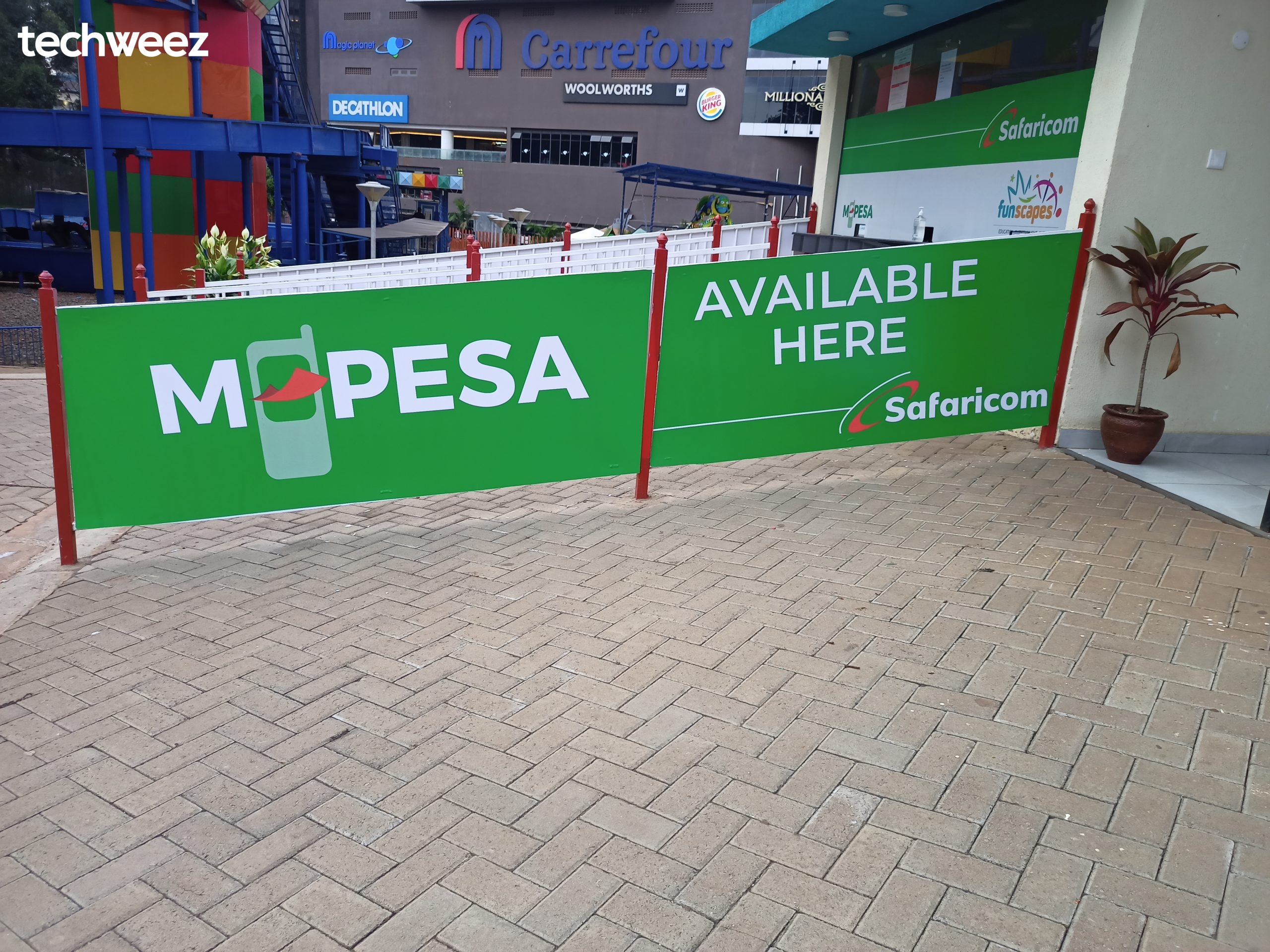
Earlier this afternoon, the Communications Authority of Kenya (CA) shed some light into this matter based an audit that was performed in line with the definitions of the Kenya Information and Communication (Registration of SIM cards) Regulations, 2015 that tasked operators to correctly register cellular communication chips before activation. Based on the speech done by the institution’s Director General Mr. Francis Wangusi, several insights were drawn.
Findings
Some of us do not know that hawking of SIM cards is illegal. The CA reports that the activity is being practiced to date, and has always been advising against it. This is because street retailers have not been licensed to sell or register SIM cards, meaning the gray area surrounding the process can or has been abused in several ways such as fraudulent registrations that are linked to criminal activities.
At the time the time the audit went live, the CA advised operators to suspend SIM cards whose registration details were not compliant to regulations. However, and according to law enforcement agencies, the directive was not enforced because some irregularly registered SIM cards are still active on mobile networks even after operators claimed total compliance to registration regulations.
A market surveillance audit by the Authority was then performed to substantiate the extent of adherence to SIM card registration regulations. It has been revealed that several agents do not request for identification documents during the purchase and registration of SIM cards. In fact, little to no verification is done to verify the authenticity of IDs (a couple of years ago, SIM registration and mobile money transactions could not be performed if a user presented an ID whose picture did not match his or her face. This verification process is hardly in place now).
Also, some agents charge an extra fee for SIM cards and the registration process (the price set by operators should be standard across all retail outlets).
Furthermore, the report reveals that while carriers have strict security policies in place, several non-conformities with SIM registrations were noted. For instance, the numeral length of Kenyan passport numbers was not right in some cases, an error that was also replicated on alien IDs.
The CA discovered that some telco databases had subscriber records that may have been populated from other sources such as the IEBC.
It can, therefore, be concluded that telecom companies have failed to manage their agents. Worse, the CA discovered that some telco databases had subscriber records that may have been populated from other sources such as the IEBC. Other SIM cards were registered multiple times with different IDs probably for criminal purposes.
Another conclusion is that while mobile penetration is critical in a number of ways, the manner at which it is driven, for which SIM card registration is part of, is a commercial activity.
Actions
The CA has tasked carriers with the three actions: A) review subscriber databases to verify registration compliance, else regulatory action will be enforced, B) ensure that agent verify ID documents with Integrated Population Registration System (IPRS) at the point of registration and lastly C) submit details of agents that deal with sales to CA.
The Authority says that the issue with passport registrations may be resolved as if the Ministry of Interior and Coordination of National Government will give access to some of its data and services (Personal Identification Secure Comparison and Evaluation System (PISCES)) to operators for a more robust online verification process.
After a three-month period, the authority will perform another audit to ascertain compliance.
Fines
Hawking of SIM cards is punishable. It attracts a fine of up to KES 500,000 or 12 months in jail or both.
Providing incorrect information during registration attracts a KES 100,000 fine or a 6-month jail term or both





























